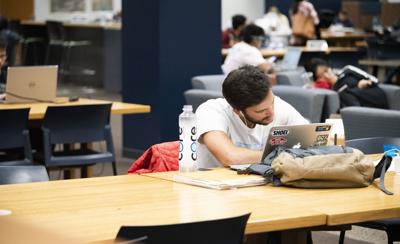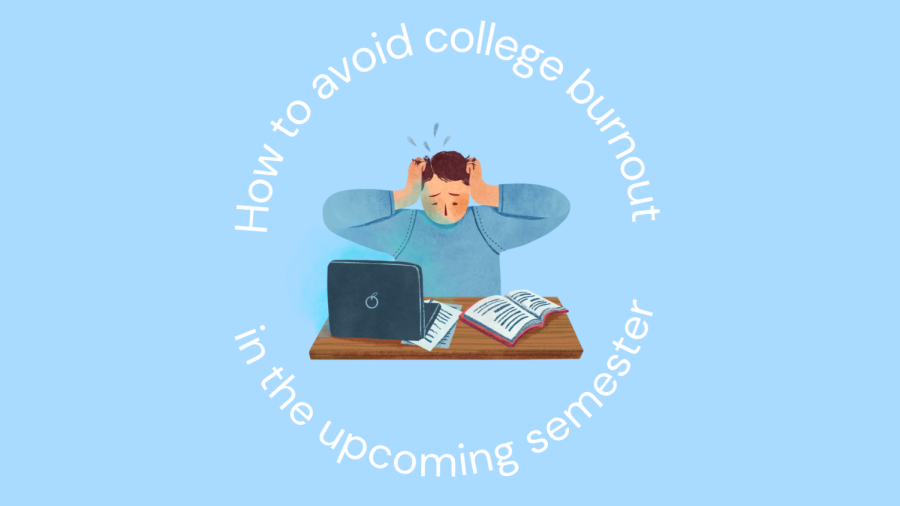KNOXVILLE, Tenn. (CMG) – The semester is almost over and we’re in the endgame now. Thanksgiving Break allowed us all rest and recuperation but now it’s time to hone in on our studies and brace ourselves for finals.
Here are a few study tips to get you started.

Find your ideal workspace
The first step toward productive studying is understanding one’s study habits. Before you sit down and grind, consider the most effective way you learn.
Do you work better with background noise or complete silence?
Does working with others distract you or push you to work harder?
Can you easily resist distractions, or do you need to completely separate yourself from them?
Once you understand your study habits, find the place that best suits them and study there. That place may be the library, a dining hall or your own living-space. No matter where it is, make sure it doesn’t hurt your ability to learn.
Prioritize and plan
We all have multiple finals on our plate and the combined stress can easily overwhelm us. Luckily, you can avoid being overwhelmed with proper planning.
Look back on the semester and consider what you already know. How much is the final worth in each class? When is each test? How well are you doing in each course and how much material do you already know? Are your finals cumulative?
Figure these things out and plan accordingly. Prioritize finals that are close and that you know less material for. If you’re already doing well in a course and know most of the material, spend more time studying the subjects you’re less sure about.
Final papers should also get priority. Don’t dedicate entire study days to them if you have other tests but do set aside some writing and editing time during every session.
If you do it right, finals week should be relatively painless.
Understand what each final requires
No two finals are exactly alike. Some require memorization, some are short-writing intensive and some are straight-up essays. Look back on your previous tests, take note of how the professor forms exams and practice the skills you know will be tested.
If your professor emphasizes memorization, study to memorize. Repeatedly write down important terms and make liberal use of note cards.
If your professor emphasizes short answers, practice short answers. Use questions from your textbook, reuse questions from previous tests or ask your professor for some practice questions.
If the course emphasizes textual analysis and essay writing, read your assigned texts and write rough drafts. Summarize the texts and ask yourself why they’re important. Remember, a second or third draft will always be better than a single, rough draft.
Take study breaks
You’ll do yourself no favors by grinding from dawn ‘till dusk and dawn again. Study is necessary for success but excessive study hurts more than it helps.
Take time to relax and de-stress in whatever way suits you. However, don’t go overboard with your break time or you’ll lose motivation. Instead, give yourself a 15 minute break for every hour spent reading, writing or solving problems. That’ll give you enough time to ready yourself for even more studying.
You should only spend a study break on proper unwinding, so don’t do anything that may increase stress. If chatting with friends or browsing social media calms your mind, use your 15 minutes to do so. Otherwise, I recommend meditation or a short nap.
_
For more information or news tips, or if you see an error in this story or have any compliments or concerns, contact editor@unfspinnaker.com.











